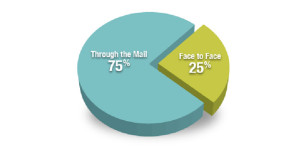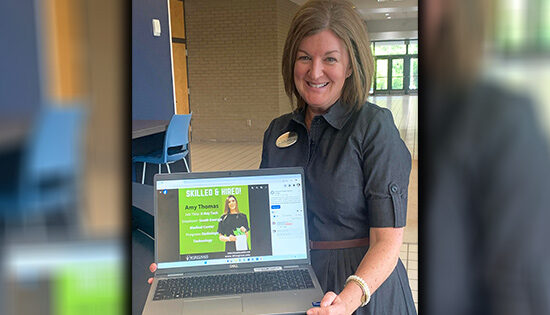 EDITORIAL – “Audit” is a word that can strike fear into the hearts of taxpayers.
EDITORIAL – “Audit” is a word that can strike fear into the hearts of taxpayers.
However, the chances of an Internal Revenue Service audit aren’t that high. In 2011, the IRS audited 1.1% of all individual tax returns.
And being audited does not necessarily imply that the IRS suspects wrongdoing. The IRS says an audit is just a formal review of a tax return to ensure information is being reported according to current tax law and to verify that the information itself is accurate.
The IRS selects returns for audit using four main methods.
Random Selection. Some returns are chosen at random based on the results of a statistical formula.
Information Matching. The IRS compares reports from payers — W2 forms from employers, 1099 forms from banks and brokerages, and others — to the returns filed by taxpayers. Those that don’t match may be examined further.
Related Examinations. Some returns are selected for an audit because they involve issues or transactions with other taxpayers whose returns have been selected for examination.
There are a number of sound tax practices that may reduce the chances of an audit
Provide Complete Information. Among the most commonly overlooked information is missing Social Security numbers — including those for any dependent children and ex-spouses.
Avoid Math Errors. When the IRS receives a return that contains math errors, it assesses the error and sends a notice without following its normal deficiency procedures.
Match Your Statements. The numbers on any W-2 and 1099 forms must match the returns to which they are tied. Those that don’t match may be flagged for an audit.
Don’t Repeat Mistakes. The IRS remembers those returns it has audited. It may check to make sure past errors aren’t repeated.
Keep Complete Records. This won’t reduce the chance of an audit, but it potentially may make it much easier to comply with IRS requests for documentation.
Audits Have Changed

Most audits don’t involve face-to-face meetings with IRS agents or representatives. In 2011, 75% were actually conducted through the mail; only 25% involved face-to-face
meetings.
Securities and advisory services offered through LPL Financial, a registered investment advisor, member FINRA/SIPC. The opinion voiced in this material are for general information only and are not intended to provide specific advice or recommendations for any individual.











